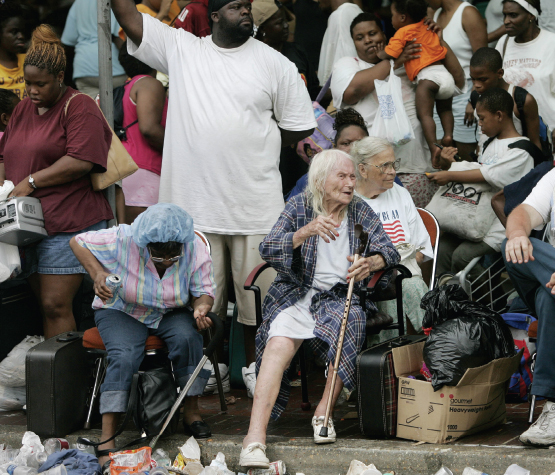When Hurricane Katrina devastated the city of New Orleans, leaving countless residents trapped on rooftops or huddled in the Superdome for shelter, many Americans wondered why New Orleans residents didn’t just get into their cars and leave the city when the flood warnings were announced. For many upper-and middle-class Americans, the idea that a family might not own a car, might not have enough money to stay in an out-of-town hotel, or might fear that their abandoned home would be looted never crossed their minds. Their own experiences clouded their perception of other people’s reality. Individuals who fail to consider other cultural perspectives in this manner have cultural myopia, a form of nearsightedness grounded in the belief that one’s own culture is appropriate and relevant in all situations and to all people (Loden & Rosener, 1991). Cultural myopia is especially dangerous when members of the dominant group in a society are unaware of, or are insensitive toward, the needs and values of other members in the same society.

MANY NEW ORLEANS RESIDENTS who did not evacuate for Hurricane Katrina found themselves without food, water, or shelter. They perceived their government as abandoning them, while outsiders perceived the residents as crazy for not leaving. AP Photo/Eric Gay
